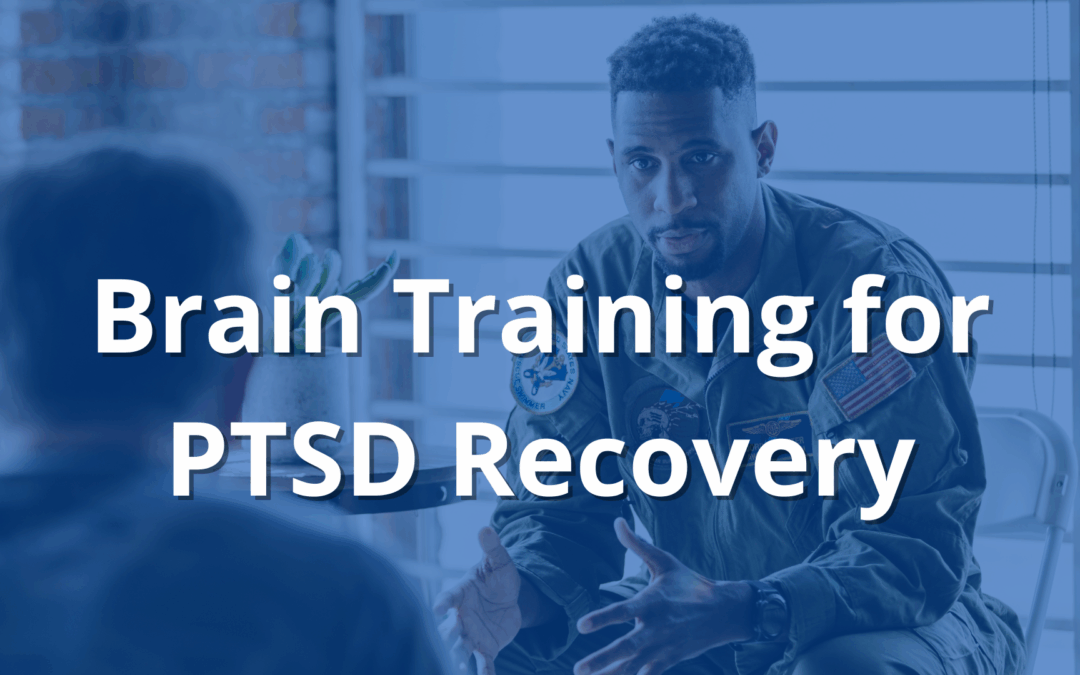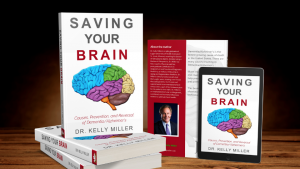When our service members return home, they often bring much more than their uniforms. Many carry invisible wounds: the effects of stress, trauma, disrupted sleep, and the transition from one way of life to another. For veterans, brain health is not just a wellness topic — it’s mission-critical.
The Mental Health Landscape for Veterans in 2025
Understanding the need starts with the numbers:
- According to the RAND Corporation’s “A Summary of Veteran-Related Statistics” (2025), younger and post-9/11 veterans report higher levels of psychological distress and substance-use disorders compared with older veteran cohorts and, in some cases, their non-veteran peers.
- Mental-health disorder diagnoses among active-duty service members have increased by nearly 40% over the past five years.
- Less than half of veterans who need mental-health care are receiving it; among those who do seek care, fewer than one-third receive evidence-based treatment.
- Suicide remains a major concern: in 2022, there were 6,407 veteran suicides; 60% of those had a prior mental-health diagnosis.
- While these figures are stark, they underscore an urgent opportunity: brain-training and neuromodulation technologies may offer meaningful supplemental support for cognitive resilience, recovery and overall brain health.
Why Brain-Training Matters for Veterans
Here are key reasons why brain-training (cognitive, neurological, frequency-based, etc.) is particularly relevant for the veteran population:
1. Exposure to high stress, trauma and transition
Military service often places the brain under extreme pressure: rapid decision-making, sustained vigilance, sleep disruption, repeated sensory-trauma exposure, and sudden reintegration into civilian life. These factors can lead to lasting neurophysiological changes, cognitive fatigue, sleep-based memory consolidation disruption and increased vulnerability to mental-health conditions.
2. Co-morbid issues and brain load
Veterans often face co-occurring challenges: for example, PTSD plus substance-use disorder, chronic pain, neurological complaints from blast-exposure, or post-surgical recovery. Lowered cognitive reserve or executive-function disruption makes targeted brain-training vital to regain control and restore function.
3. The brain as a gateway to resilience
Improving brain health isn’t just about cognition—it’s about emotion regulation, resilience, neural plasticity, sleep optimization, and reducing downstream risks (like chronic pain, depression, anxiety, suicidal ideation). Brain-training can empower veterans to re-establish their inner command centre, and support a return to purposeful living.
What Brain-Training Can Look Like
For veterans ready to take on brain-health proactively, here’s a menu of possible strategies:
- Cognitive training programs: Target working memory, executive function, processing speed and attention.
- Neuromodulation & photobiomodulation technologies: Emerging evidence suggests light, frequency, and laser-based interventions can support neural recovery, reduce inflammation and promote healing of nervous-system insult.
- Sleep and circadian rhythm optimization: Since disrupted sleep undermines neural repair and cognitive-function, veterans benefit greatly from structured sleep hygiene, monitoring and targeted interventions.
- Physical exercise + neuro-linking: Aerobic exercise, strength training, balance/mobility work all feed the brain via neuro-vascular coupling, trophic-factor upregulation and enhanced plasticity.
- Mind-body practices: Meditation, breathwork, yoga, martial arts — modalities that help regulate the autonomic nervous system, reduce sympathetic over-drive and promote pre-frontal cortex recovery.
- Peer-based, veteran-centric programs: Engaging with others who have shared experience builds trust, reduces isolation and increases adherence to brain-training protocols.
Why Now is the Time
Given the data, the need is urgent:
- Younger veterans (post-9/11) show higher levels of psychological distress.
- The gap between need for care and receipt of evidence-based care remains large.
Brain-training interventions, while not a complete replacement for mental health/clinical care, act as powerful adjuncts — they give veterans greater agency, measurable practice and hope.
Call to Action: For Veterans & Care Teams
- Veterans: If you served, your brain carried the load. Give it the training it deserves. Ask your clinical team about cognitive assessments + brain-training protocols. Incorporate sleep, exercise and structured brain-work into your daily habit.
- Practitioners and clinics: Recognize the cohort-specific needs of veterans. Integrate brain-training modalities in your service offerings. Partner with veteran-organisations and create veteran-specific tracks for cognitive-rehab/brain-wellness.
- Communities & supporters: Spread the word. Supporting veteran brain health isn’t only about treating injury—it’s about unlocking potential, restoring life beyond service.
Looking Ahead
In a world of rapid technological change and growing awareness about brain health, veterans stand at a moment of opportunity. By combining traditional mental-health care with targeted brain-training, we can tilt the odds toward recovery, purpose and thriving.
Let’s commit to giving our veterans the brain-training, tools and support they earned — and deserve.
Link neuro feedback, intensives, braintap, and orhee modalites ro the saving your rnain website.
Call to action: contact info@savingyourbrain.com if know of a veteran that needs help


